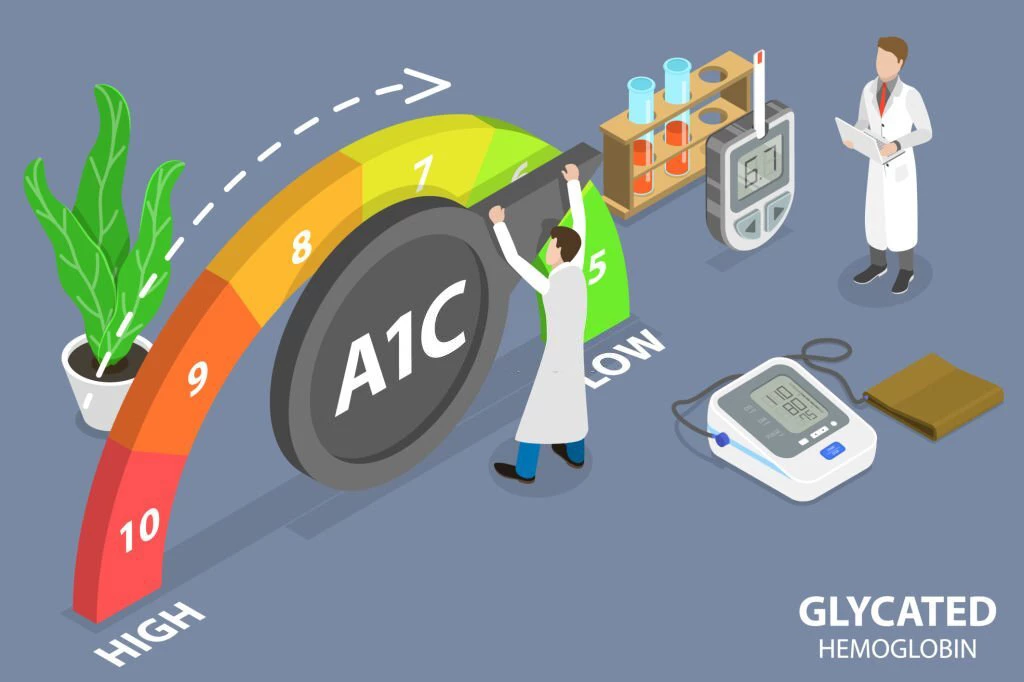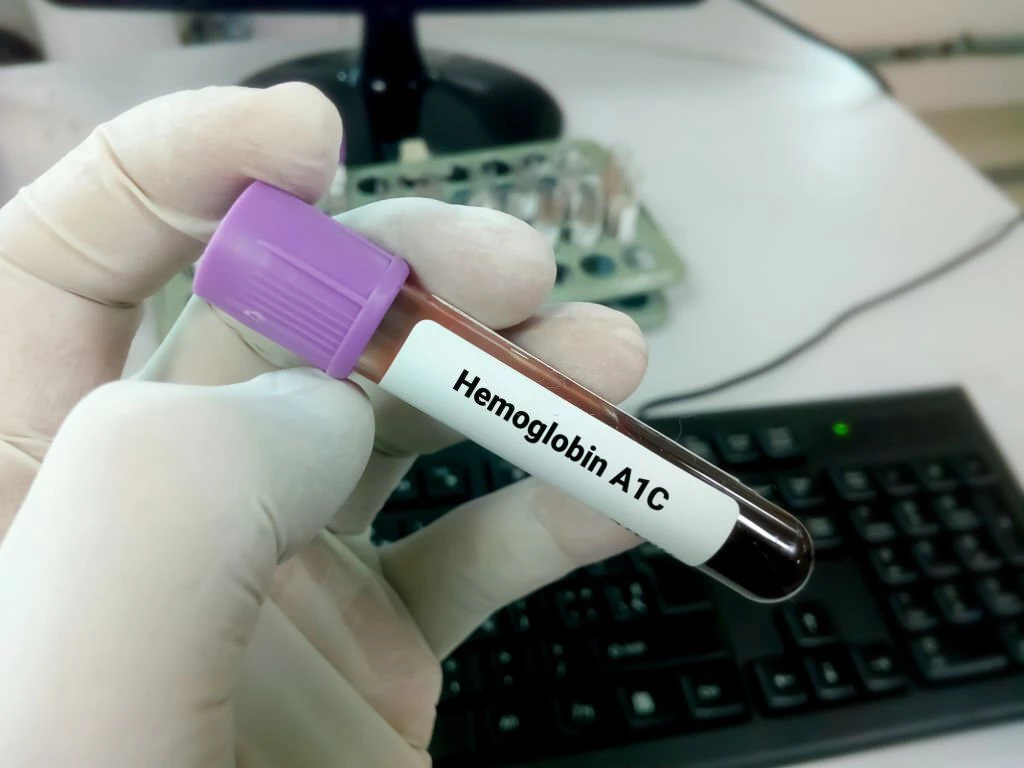Managing diabetes is a crucial aspect of leading a healthy life. A1C, or glycated hemoglobin, is a key indicator of how well one’s diabetes is controlled. Medications like Rybelsus and Ozempic have gained popularity for their efficacy in managing blood sugar levels. This article explores the differences between Rybelsus and Ozempic, shedding light on which one might be better suited for controlling A1C levels effectively.
Understanding Diabetes and A1C
Diabetes is a metabolic disorder characterized by high blood sugar levels due to the body’s inability to produce enough insulin or effectively use the insulin it produces. A1C, also known as glycated hemoglobin, measures the percentage of hemoglobin in the blood that is coated with sugar. It is an essential marker for long-term glucose management, providing insights into how well a person’s diabetes is being controlled over time.
A lower A1C level indicates better diabetes management and reduces the risk of diabetes-related complications. Physicians typically aim to keep A1C levels below 7% for most people with diabetes. However, individual targets may vary based on factors like age, overall health, and diabetes duration.
The Rise of Rybelsus
Rybelsus (generic name: semaglutide) is a relatively new oral medication approved by the FDA for the treatment of type 2 diabetes. It belongs to the class of GLP-1 receptor agonists and works by stimulating insulin secretion, reducing glucagon production, and slowing down the rate at which food is absorbed in the intestines. This combination of actions results in improved blood sugar control.
One of the significant advantages of Rybelsus is its oral form, as it comes in a pill that patients can take conveniently. Many other GLP-1 receptor agonists are available as injections, making Rybelsus a more appealing option for individuals who prefer oral medications.

The Power of Ozempic
Ozempic is also a GLP-1 receptor agonist and is widely used in the management of type 2 diabetes. However, unlike Rybelsus, Ozempic is administered as a once-weekly injection. This dosing schedule provides a sustained release of the medication, offering consistent blood sugar control over an extended period.
The weekly injection of Ozempic may be perceived as a disadvantage for some individuals who dislike injections or prefer the ease of taking oral medications. Nonetheless, many users find the convenience of only one injection per week preferable to daily oral medications or multiple injections.
Efficacy and A1C Control
Both Rybelsus and Ozempic have demonstrated significant efficacy in clinical trials for lowering A1C levels in patients with type 2 diabetes. Studies have shown that these medications can lead to substantial reductions in A1C, resulting in improved diabetes management and reduced risk of complications.
The choice between Rybelsus and Ozempic may depend on individual preferences and lifestyle factors. Some people may prioritize the ease of taking a daily oral medication like Rybelsus, while others may prefer the convenience of a once-weekly injection like Ozempic. The effectiveness of each medication in reducing A1C levels remains a crucial factor in the decision-making process.
Read More: 5 Ways to Stay Healthy Living with Diabetes
Safety Profile and Side Effects
As with any medication, Rybelsus and Ozempic come with potential side effects. Common side effects of Rybelsus include gastrointestinal issues such as nausea, vomiting, and diarrhea, especially during the initial treatment period. However, these side effects often improve with time as the body adjusts to the medication.
Similarly, Ozempic users may experience gastrointestinal side effects, but these are generally mild and temporary. Some individuals may also report injection site reactions, although they are usually well-tolerated.

Cost and Insurance Coverage
Another essential consideration for many individuals is the cost and insurance coverage of these medications. Pricing can vary based on factors like the dosage, quantity prescribed, and individual insurance plans. Some insurance plans may cover one medication better than the other, making it more affordable for certain patients.
Before starting any medication, it is crucial to check with insurance providers and compare the out-of-pocket costs for both Rybelsus and Ozempic.
Lifestyle Factors and Adherence
In addition to medication, lifestyle plays a vital role in diabetes management. A healthy diet, regular exercise, and proper glucose monitoring are essential components of a comprehensive diabetes management plan.
When comparing Rybelsus and Ozempic, it is essential to consider how each medication fits into an individual’s lifestyle. Some people may find it easier to incorporate a once-weekly injection into their routine, while others may prefer the simplicity of taking a daily pill.
Conclusion
In conclusion, both Rybelsus and Ozempic are effective medications for controlling A1C levels in patients with type 2 diabetes. The choice between the two depends on individual preferences, lifestyle factors, and insurance coverage. Rybelsus offers the convenience of an oral pill, while Ozempic provides sustained blood sugar control with just one weekly injection.
Ultimately, it is essential to consult with a healthcare professional to determine which medication aligns best with your specific needs and medical history. By making an informed decision based on a thorough understanding of both medications, you can take significant steps towards better diabetes management and improved overall health.


